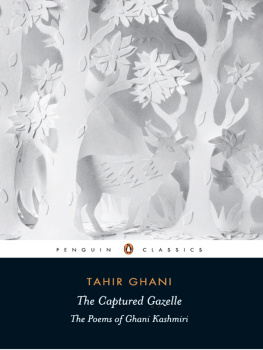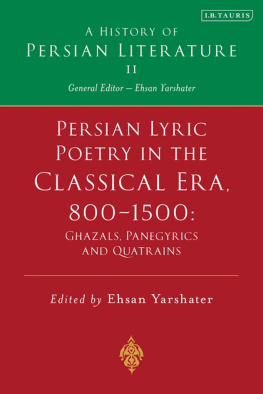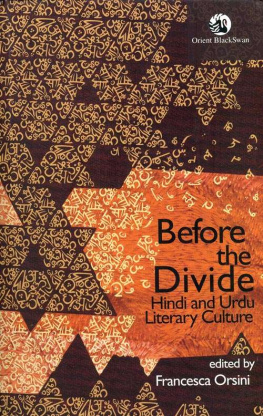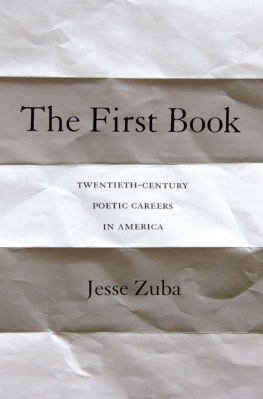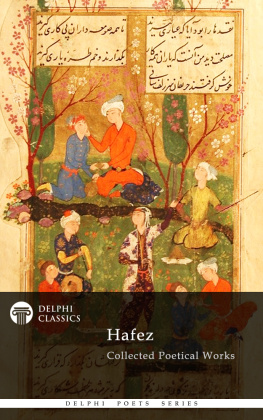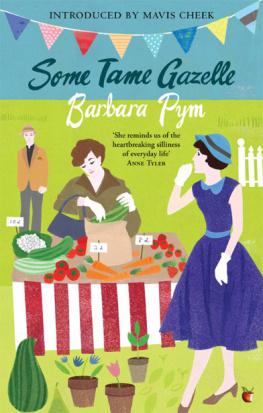PENGUIN BOOKS
Published by the Penguin Group
Penguin Books India Pvt. Ltd, 11 Community Centre, Panchsheel Park, New Delhi 110 017, India
Penguin Group (USA) Inc., 375 Hudson Street, New York, New York 10014, USA
Penguin Group (Canada), 90 Eglinton Avenue East, Suite 700, Toronto, Ontario M4P 2Y3 , Canada (a division of Pearson Penguin Canada Inc.)
Penguin Books Ltd, 80 Strand, London WC2R 0RL , England
Penguin Ireland, 25 St Stephens Green, Dublin 2, Ireland (a division of Penguin Books Ltd)
Penguin Group (Australia), 707 Collins Street, Melbourne, Victoria 3008, Australia (a division of Pearson Australia Group Pty Ltd)
Penguin Group (NZ), 67 Apollo Drive, Rosedale, Auckland 0632, New Zealand (a division of Pearson New Zealand Ltd)
Penguin Books (South Africa) (Pty) Ltd, Block D, Rosebank Office Park, 181 Jan Smuts Avenue, Parktown North, Johannesburg 2193, South Africa
Penguin Books Ltd, Registered Offices: 80 Strand, London WC2R 0RL , England
www.penguinbooksindia.com
First published by Penguin Books India 2013
Translation copyright Mufti Mudasir Farooqi and Nusrat Bazaz 2013
Introduction copyright Mufti Mudasir Farooqi 2013
Cover: Illustration by Isa Esasi
All rights reserved
ISBN: 978-01-4341-562-6
This digital edition published in 2013.
e-ISBN: 978-81-8475-995-2

THE CAPTURED GAZELLE
MUHAMMAD TAHIR GHANI (d. 1669), better known as Ghani Kashmiri, is arguably the greatest Persian poet of Kashmir and one of its literary and cultural icons. Highly popular in India and the larger Persian-speaking world up to the modern times, he influenced many generations of Persian and Urdu poets in India. Ghanis forte lies in his remarkable use of language to create poems with multiple layers of meaning. This, along with his versatility in creating delightful metaphors and images, makes him one of the few medieval poets with a striking appeal to the modern reader.
MUFTI MUDASIR FAROOQI was born and raised in Srinagar. He has published on literary theory, postmodernism and Indo-Persian poetry. He is senior assistant professor in the Department of English, University of Kashmir.
NUSRAT BAZAZ is associate professor in the Department of English, University of Kashmir, where she teaches American poetry and fiction.
Acknowledgements
Many people have contributed in different ways to make the present work possible. Firstly, I express my immense gratitude to Sunil Sharma of Boston University for his invaluable recommendations, unfailing encouragement and kindness. I am also very grateful to my dear teacher Muhammad Amin who offered to read the introduction and gave valuable suggestions.
I want to express my gratitude to many friends for their support. To my colleagues in the English Department, University of Kashmir, I extend a warm expression of thanks for their love and encouragement over the years. Prashant Keshavmurthy deserves special thanks for his friendship and scintillating ideas on Ghani and many other subjects. Others I wish to thank are Iffat Maqbool, Shadab Arshad, Inayat Rasool, Sajad Darzi, Abir Bazaz, Abid Ahmed, Maroof Shah and, last but not least, Sivapriya and Richa, our editors at Penguin, for their kindness and excellent editing of the manuscript. I also thank all the friends and participants in the Winter School of the Berlin-based programme, Zukunftsphilologie, held in December 2012 at the Centre for the Study of Developing Societies, New Delhi, where I read and discussed some of these translations and found many eagerly waiting to see the book published.
My familys unconditional love has been indispensable throughout. I owe an enormous gratitude to my parents, parents-in-law, my brother, Muzamil, and particularly, to my wife, Huma, and son, Khaleed. It is to them that I dedicate all my efforts that have gone into this work.
I cannot adequately express my gratitude to Nusrat Bazaz for her unswerving generosity. She gladly gave her time to read my translations, suggested revisions and, in the end, allowed me to have the final word on them. Lastly, I must put on record that I alone am responsible for the final draft of this work and its errors or imperfections are solely mine.
Mufti Mudasir Farooqi
A Note On the Translation
Translating poetry is generally understood to be a difficult task. Perhaps the most difficult challenge facing any translator is to render in translation the subtleties and multivalence of the original which the poet has deliberately cultivated and which account for its richness and beauty. In the strict sense, translating poetry may be well-nigh impossible but it is nonetheless necessary. Once, arguing in favour of the possibility of translation, Goethe had remarked that the essence of poetry lies in that which is preserved when it is translated into prose. Formal properties such as rhyme and rhythm are undoubtedly a great part of the pleasure that poetry provides, but the element by which poetry becomes poetry first and foremostand which is definitely translatableis the image or metaphor.
Ghani strikes us as a master craftsman of the poetic image. The translators have, therefore, tried to remain as faithful as possible to the content and imagery of the original. At the same time, they have also been fully aware that the worst sin in translating poetry is dullness. Steering a middle course between an overly literal and a very free rendering has thus been the guiding principle in this work.
A word also needs to be said about the selections made from the available corpus of Ghanis poetry. Here the aim has been to present before the readers what, in the view of the translators, is the best in Ghani. Consequently, only a few ghazals have been translated in full, a decision taken due to their conviction that each sher, or verse, in a ghazal is a small poem, a self-contained unit of meaning related to other verses only by virtue of the formal features of metre and rhyme. So, omitting one or more verses from a ghazal in no way hampers the enjoyment of others. Besides this, leaving out some verses has sometimes been due to the fact that they simply defy any adequate translation.
A noticeable aspect of Ghanis divan, or collection, is an unusually large number of solitary verses. The present work, therefore, features a good number of them. In addition to these, some rubaaiyaat, or quatrains, and one of the two masnavis describing Kashmirs winter have also been included. A masnavi is a narrative poem of indefinite length written in internally rhyming lines. The verses in this volume follow the same sequence as the Persian

